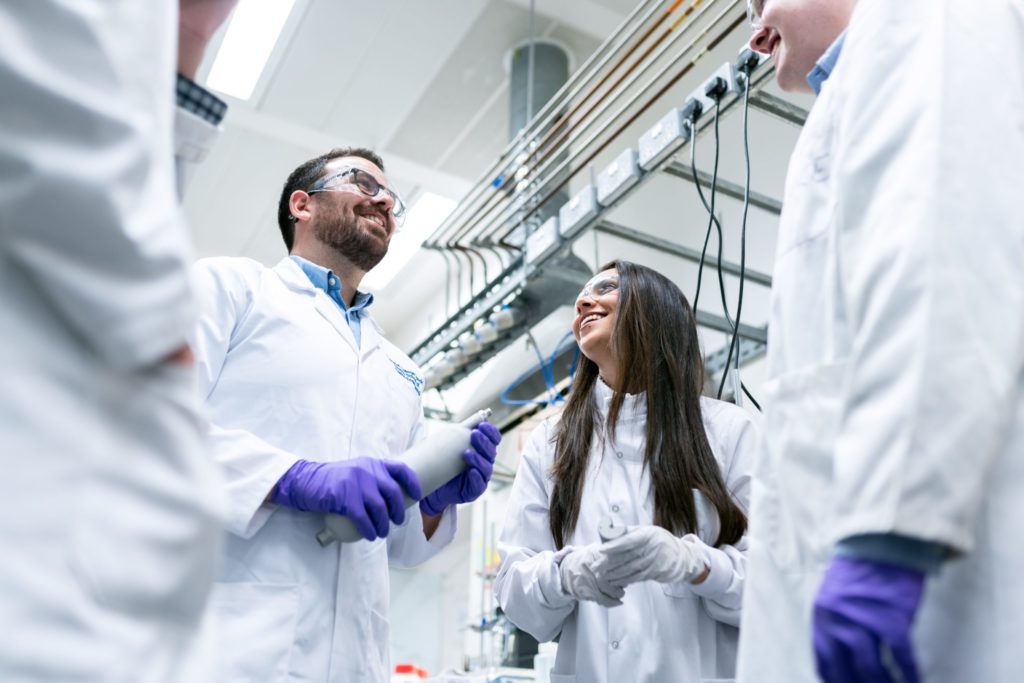Guest Blog: Dr. Lucinda Bateman on the Discussion Surrounding the IOM Report

Lucinda Bateman, MD, specializes in the diagnosis and management of unexplained chronic fatigue, ME/CFS and fibromyalgia. Having served on the IOM committee that produced the recent report, Beyond ME/CFS: Redefining an Illness, she brings an in-depth, well-informed opinion to the conversation surrounding the IOM report on ME/CFS, the new diagnostic criteria and the proposed name, Systemic Exertion Intolerance Disease (SEID). READ MORE…
Guest Blog: Armin Alaedini, PhD – The Search for Food Sensitivity Biomarkers in ME/CFS

Often those with ME/CFS experience gastrointestinal symptoms. Biomarkers of these symptoms could help to identify subtypes in ME/CFS. Dr. Armin Aledini is using samples from the SolveCFS BioBank™ to look for auto-antibodies against a range of dietary proteins. In this guest blog post he discusses Celiac disease, which is a commonly misdiagnosed condition with symptoms similar to ME/CFS. READ MORE…
Deciphering Post-Exertional Malaise

On September 18, 2014, Dane B. Cook, Ph.D., Associate Professor of Kinesiology at the University of Wisconsin, Madison and a Solve ME/CFS Initiative 2011 funded investigator, presented our most popular webinar of the year on the system biology approach his team is taking to provide a clear picture as to what causes post-exertional malaise. In this guest post for our blog, Dr. Cook reviews the material presented and tackles the many questions we received from webinar participants.

